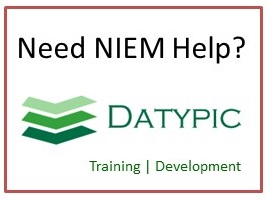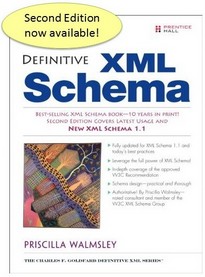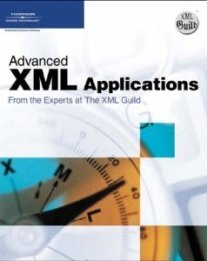gml:dateBasis
Element information
Namespace: http://www.opengis.net/gml/3.2
Schema document: external/ogc/gml/3.2.1/temporalReferenceSystems.xsd
Type: gml:TimeCalendarPropertyType
Properties: Local, Qualified
Content
- gml:TimeCalendar [0..1]A calendar is a discrete temporal reference system that provides a basis for defining temporal position to a resolution of one day. gml:TimeCalendar adds one property to those inherited from gml:TimeReferenceSystem. A gml:referenceFrame provides a link to a gml:TimeCalendarEra that it uses. A gml:TimeCalendar may reference more than one calendar era. The referenceFrame element follows the standard GML property model, allowing the association to be instantiated either using an inline description using the gml:TimeCalendarEra element, or a link to a gml:TimeCalendarEra which is explicit elsewhere.
Attributes
| Name | Occ | Type | Description | Notes |
|---|---|---|---|---|
| owns | [0..1] | xsd:boolean | Default value is "false". from group gml:OwnershipAttributeGroup | |
| nilReason | [0..1] | gml:NilReasonType | from group gml:AssociationAttributeGroup | |
| gml:remoteSchema | [0..1] | xsd:anyURI | from group gml:AssociationAttributeGroup |
Used in
- Type gml:TimeClockType (Element gml:TimeClock)
Sample instance
<gml:dateBasis> <gml:TimeCalendar gml:id="ID"> <gml:metaDataProperty> <gml:GenericMetaData>Any text, intermingled with: <!--any element--> </gml:GenericMetaData> </gml:metaDataProperty> <gml:description>string</gml:description> <gml:descriptionReference/> <gml:identifier codeSpace="http://www.example.com/">string</gml:identifier> <gml:name>string</gml:name> <gml:remarks>string</gml:remarks> <gml:domainOfValidity>string</gml:domainOfValidity> <gml:referenceFrame> <gml:TimeCalendarEra gml:id="ID">... </gml:TimeCalendarEra> </gml:referenceFrame> </gml:TimeCalendar> </gml:dateBasis>



